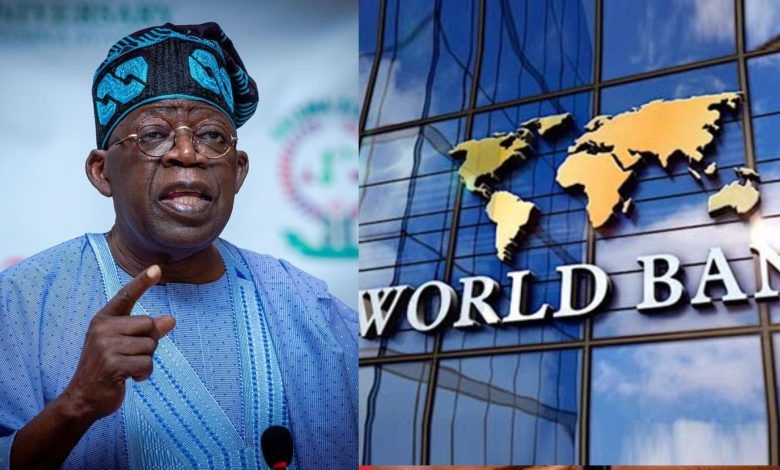The World Bank has issued a stark warning to the administration of President Bola Tinubu, stating that Nigeria’s current economic growth rate is far too slow to achieve its ambitious goal of becoming a $1 trillion economy by 2030.
In its latest Nigeria Development Update titled “Building Momentum for Inclusive Growth,” the Bank stated that for Nigeria to meet the $1 trillion target within the next five years, the economy must grow at nearly five times its current rate.
“Nigeria’s economy expanded by just 3.84 percent in the fourth quarter of 2024,” the report stated. “At this pace, the $1 trillion target is unattainable. The economy would need to grow at an annual rate close to 19 percent—a significant leap from where it currently stands.”
Presenting the report in Abuja on Monday, the World Bank’s Lead Economist for Nigeria, Alex Sienaert, said, “This is not just about growing big numbers. Growth has to be faster, and more importantly, it has to be inclusive—providing jobs and lifting millions out of poverty.”
He added, “We commend the government’s reforms so far, especially the removal of fuel subsidies and exchange rate unification. These are steps in the right direction. But to sustain progress, there must be deeper reforms that target job-rich sectors.”
While sectors like finance, ICT, and telecoms have been leading recent growth, the World Bank notes they are not large-scale job creators. It stressed that agriculture, manufacturing, and domestic services must be revitalised to absorb Nigeria’s rapidly growing labour force.
“Growth must be rooted in sectors that can generate employment at scale. A digital or financial boom alone will not be enough,” the report emphasised.
Economic analyst Bismarck Rewane also echoed the World Bank’s concerns, stating, “The idea of a $1 trillion economy is good for motivation, but we are not structurally ready. We lack the fiscal muscle and the productivity base to support such exponential growth.”
The report concludes with a call for stronger governance, improved public service delivery, and sustained fiscal discipline.
“Reaching $1 trillion is not just a numbers game,” Sienaert stressed. “It requires bold political will, inclusive policies, and a relentless focus on jobs.”





